The phrase “33 Koti” or “33 Crore” often finds mention when discussing the number of Hindu gods. However, it is important to understand the context and meaning behind these terms.
In Hinduism, the term “Koti” does not necessarily translate to “crore” in the sense of a numerical count. Rather, it signifies different categories or types. The word “Koti” in Sanskrit can be interpreted as “excellence,” “supreme,” or “divine.” Thus, when we refer to “33 Koti,” it signifies the existence of numerous divine entities rather than a literal count of 33 crore gods.
Hinduism is a complex and diverse religion with a vast pantheon of gods and goddesses. The deities worshipped in Hinduism are numerous, each representing various aspects of the divine and the universe. From major deities like Brahma, Vishnu, Shiva, Lakshmi, Saraswati, and Durga to regional and folk deities, the Hindu pantheon is incredibly diverse.
The number 33 is often considered symbolic in Hinduism, representing a multitude or a vast number. It should not be understood as a literal count of gods. In fact, the Rigveda, one of the oldest Vedic texts, mentions 33 gods in some hymns. However, it is important to note that these hymns are not suggesting that there are only 33 gods in Hinduism. The Rigveda itself acknowledges the existence of various other deities.
The concept of “33 Koti” emphasizes the all-encompassing nature of divinity in Hinduism. It signifies that the divine manifestations are countless, representing the infinite aspects and forms of the supreme reality.
Ultimately, the number and nature of gods in Hinduism are a matter of interpretation and personal belief. Hinduism is characterized by its philosophical diversity, allowing individuals to worship and connect with the divine in a way that resonates with them personally.
So, while the phrase “33 Koti” or “33 Crore” is often used to describe the multitude of gods in Hinduism, it is essential to understand its symbolic nature rather than a literal enumeration. It reflects the richness, diversity, and profound spirituality that Hinduism encompasses.
Following are 33 Koti or Types of Gods mentioned in the Rigveda
8 Vsu/Ashtavasu
In Vedic literature, the term “Vsu” does not commonly appear. However, there is a concept called “Ashtavasu” or “Ashtavasus,” which refers to a group of eight deities or celestial beings. The Ashtavasus are considered subordinate deities associated with different aspects of nature.
Here are the names of the Ashtavasus:
Dhara: Represents the Earth element.
Dhruva: Represents the Pole Star.
Soma: Represents the Moon.
Anila: Represents the Wind.
Anal: Represents Fire.
Pratyusha: Represents the Dawn.
Prabhasa: Represents Light.
Vishnu: Represents the All-Pervading aspect of the Supreme.
11 Rudra
Rudras are considered aspects or forms of Lord Shiva and are associated with various aspects of creation and destruction. Here are the names of the 11 Rudras:
Aja
Ekapada
Ahirbudhnya
Twasta
Rudra
Hara
Bahurupa
Tryambaka
Savitra
Jayanta
Pinaki
12 Adityas
In Vedic literature, the term “Aditya” refers to the solar deities associated with the Sun. The number of Adityas is commonly mentioned as twelve, representing different aspects or forms of the Sun. Here are the names of the 12 Adityas:
Indra (also known as Vivasvat): Represents the chief of the Adityas.
Dhata: Represents the giver of sustenance and support.
Aryama: Represents the protector and provider of nourishment.
Mitra: Represents friendship, harmony, and contracts.
Varuna: Represents cosmic order, water, and the divine law.
Indragni: Represents the combined form of Indra and Agni (fire).
Vivasvan: Represents the solar deity associated with the rising sun.
Pushan: Represents nourishment, fertility, and the guardian of travelers.
Parjanya: Represents rain and fertility.
Bhaga: Represents fortune, prosperity, and happiness.
Tvashtar: Represents the divine artisan and celestial architect.
Vishnu: Represents the preserver and sustainer of the universe.
2 Ashwini Kumaras
In Vedic literature, the Ashwini Kumaras or Ashwini Kumars are a divine pair of twin gods associated with healing and medicine. They are considered the physicians of the gods and are often depicted as youthful and handsome. The Ashwini Kumaras are known for their swiftness and ability to restore health and vitality. In most texts, they are mentioned as a duo rather than as individual deities.
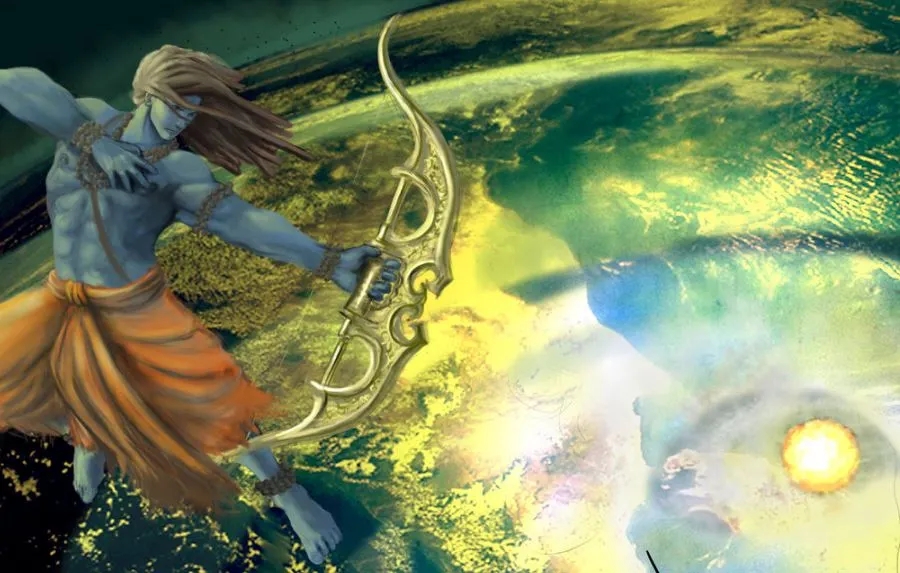

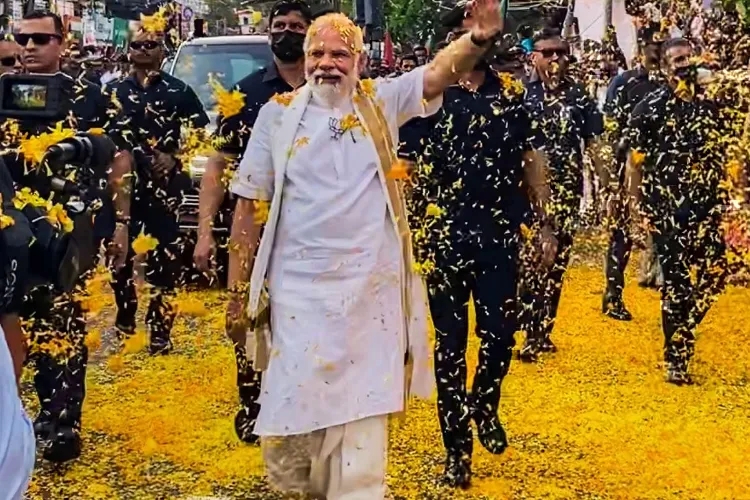
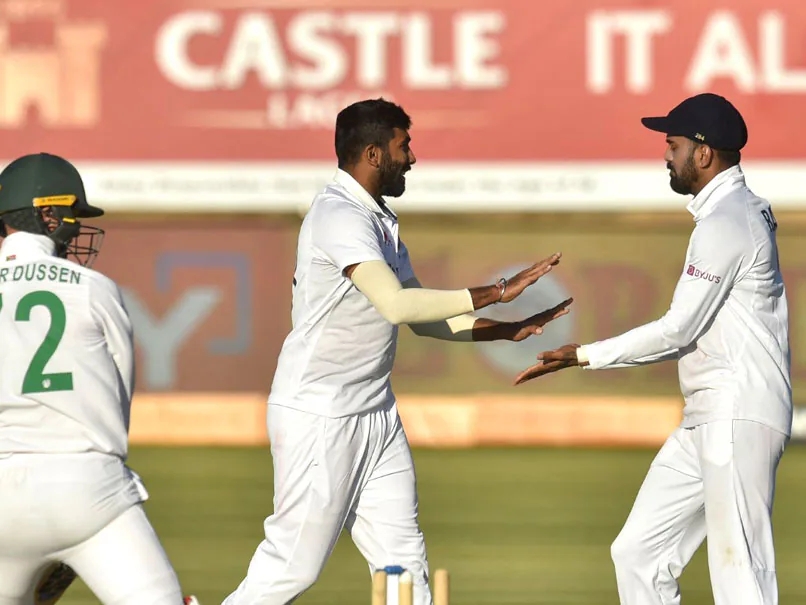
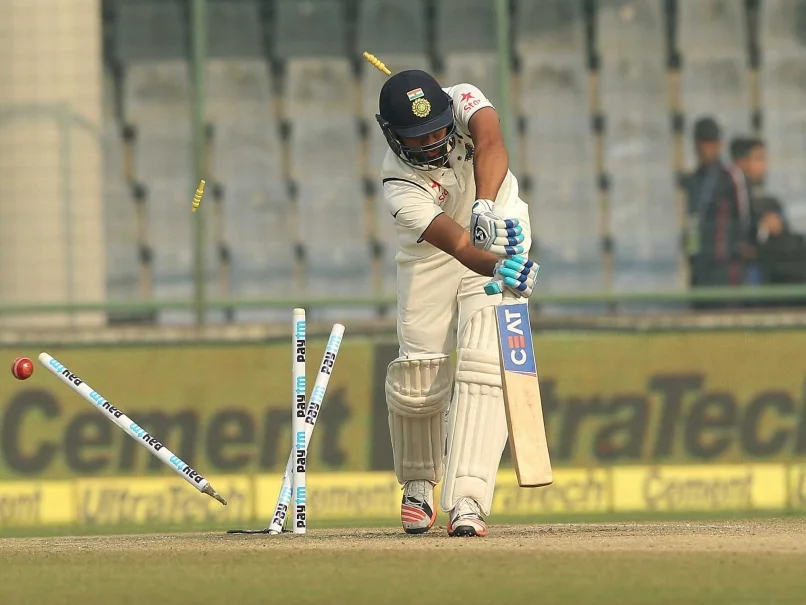
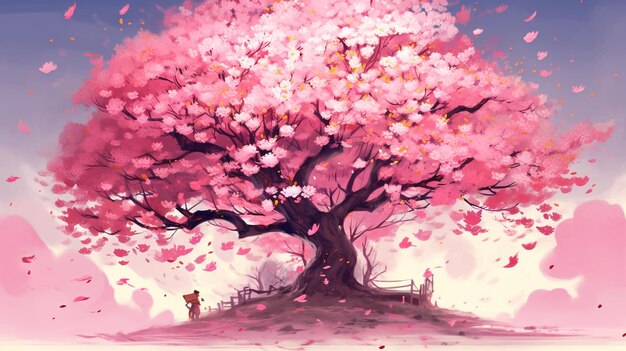


Leave a comment